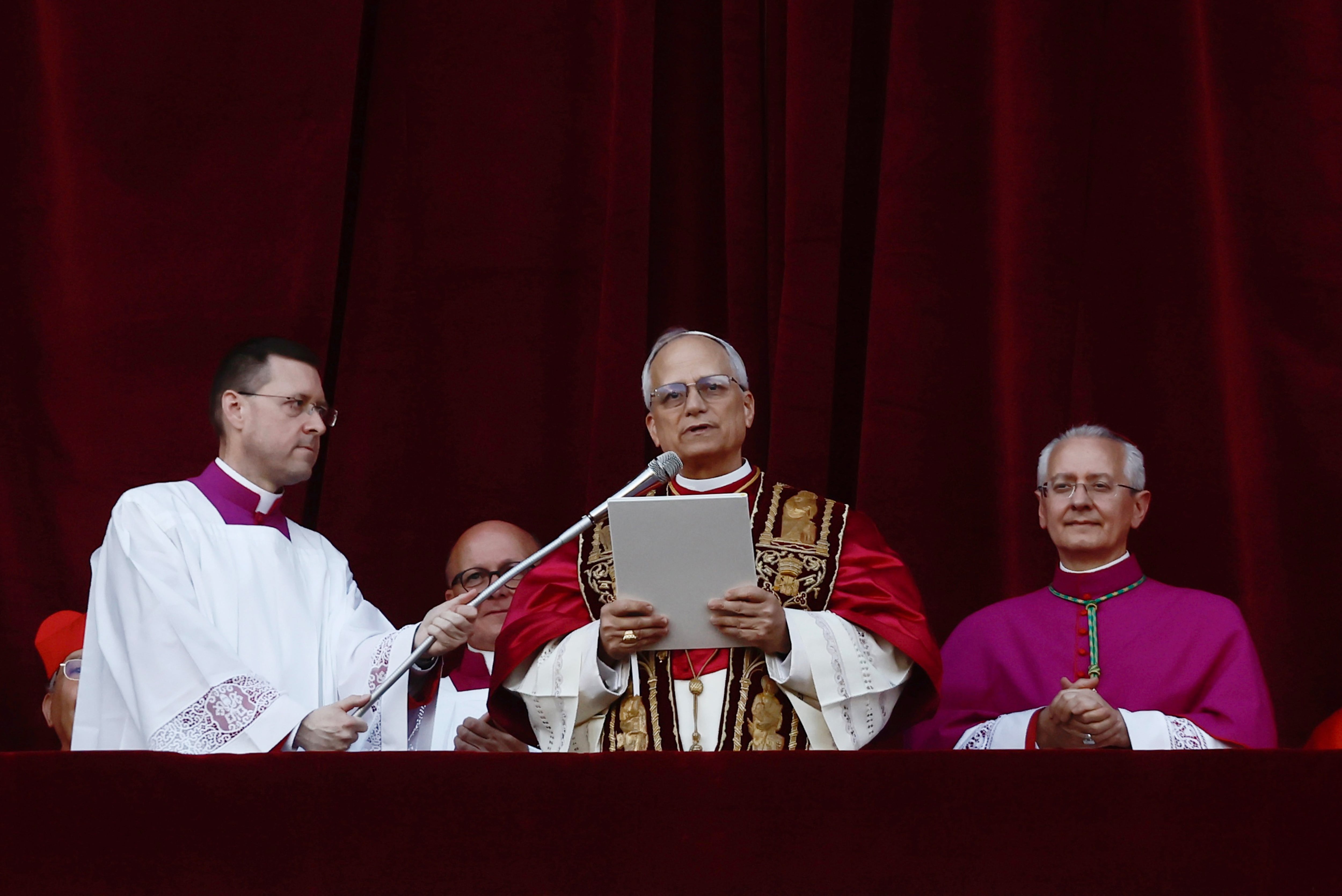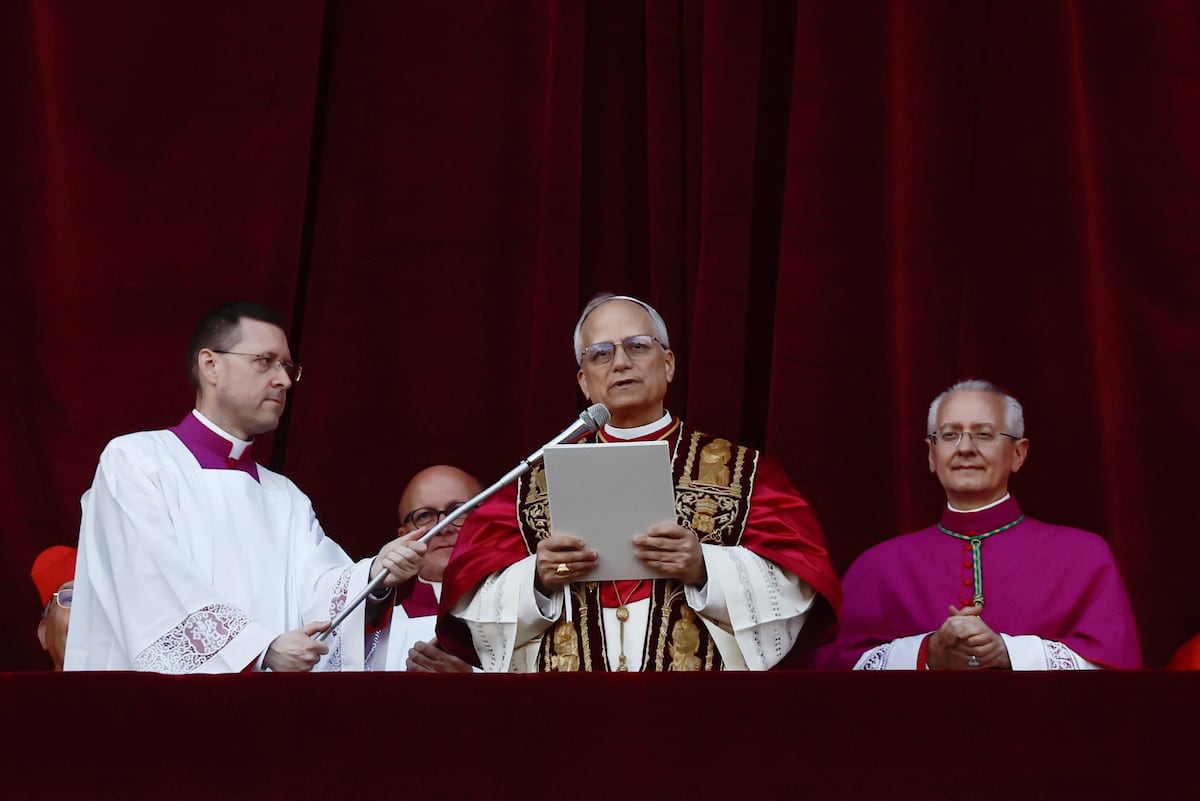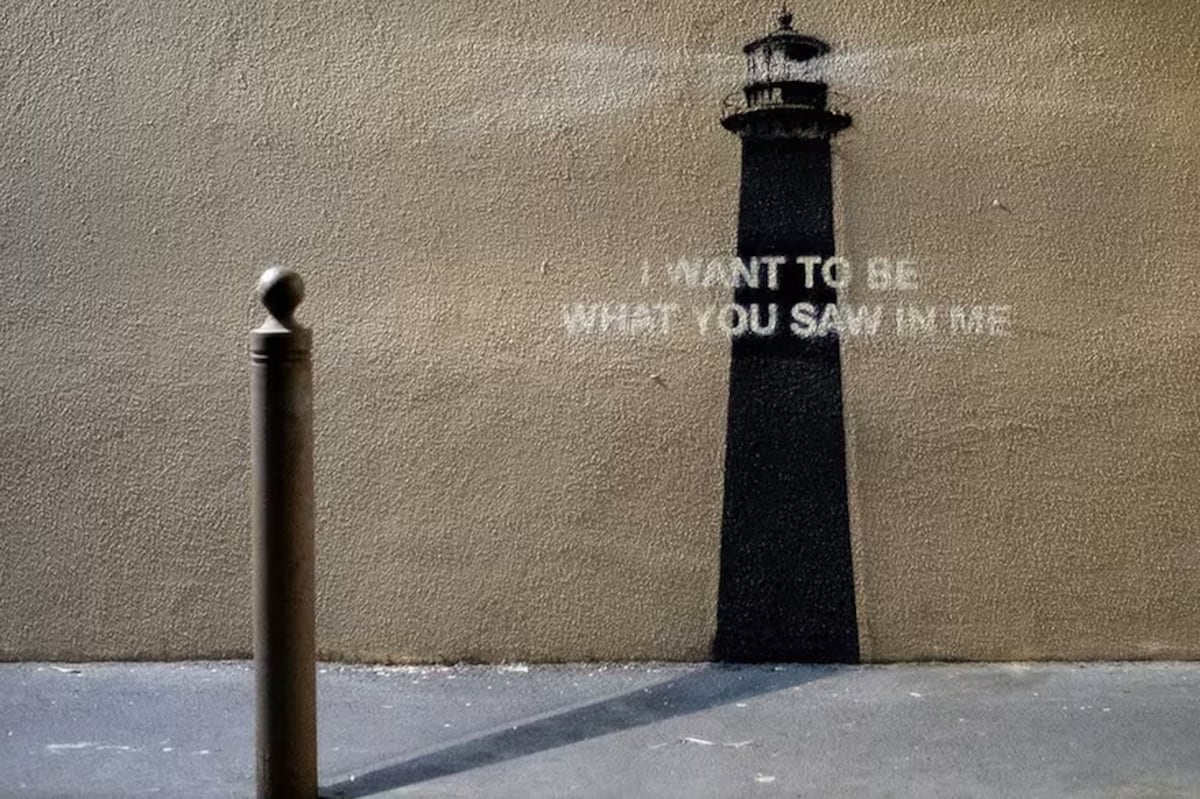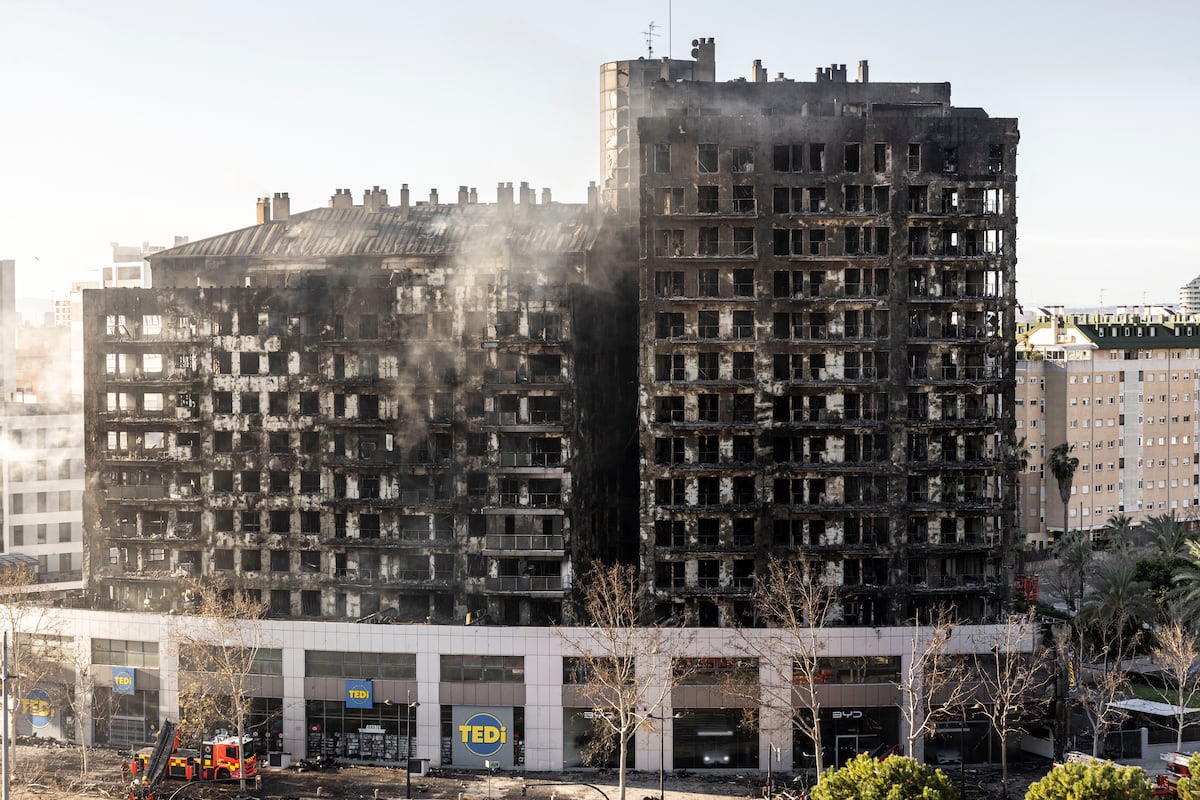[ad_1]

A British convert to Catholicism once said that it’s all very well to get into Peter’s boat, but perhaps it’s best not to look too closely at how the engine room works. Conclaves — which offer an utterly fascinating mix of theology and silk robes, of worldliness and the Paraclete — seem to confirm this.
This most recent one was no exception: there were fake news stories (against Parolin), weaponized videos (against Tagle), and even an entire dossier against Cardinal Prevost — none of which prevented him from now reigning as Leo XIV. Yet to elect one of the least obvious papabili took only the same number of votes — four rounds — as were needed to elect such a clear frontrunner as Ratzinger.
We’ve spoken endlessly about divisions in the Church, but there are building residents in Madrid that would envy the Sacred College of Cardinals’ ability to reach consensus over pool hours, let alone over who should succeed Spanish Prime Minister Pedro Sánchez. Some might say the electors were under pressure not to prolong the conclave and publicly display their divisions. But perhaps, standing beneath Michelangelo’s terrifying Last Judgment, those septuagenarians were less concerned with Twitter than with their responsibilities in the hereafter. Either way, the message of unity has been as necessary as it has been positive.
And it has all been handled with notable finesse: Robert Francis Prevost, without stealing the spotlight from anyone, has avoided drawing the ire of — almost — anyone. He has the theological credentials expected of a son of Saint Augustine, without being a scholar-pope or a theologian. He has missionary experience, governance experience in dioceses, and pastoral experience within his own order. His biography holds echoes for all: he knows both the United States and Spanish-speaking Latin America, he comes from a wealthy country but has worked in poor ones, and his family lineage reaches back to France and Spain. An American Catholic who speaks Spanish — Trump, a Hispanophobe surrounded by Catholics, must still be processing it.
But for an institution that strives to be universal, perhaps someone like Prevost seems fitting — if only for his ability to speak meaningfully to very different groups and charisms. Externally, he understands the difficulties of a world in which international institutions are in retreat, while the Church clings to its universalism. Internally, perhaps no one else had equal credentials to soothe both conservative Americans and progressive Germans — without whose funding there may be pious intentions, but no mission.
Constant appeals to peace and a powerful mention of synodality: Leo XIV’s first address carried a clear flavor of Franciscan continuity. But Prevost must have ambition — choosing a name once thought worn out forever by a pope as powerful as Leo XIII. A pontiff associated with solid orthodoxy, and yet also an innovator — Rerum Novarum was his — who laid the foundations of the Church’s social teaching and sensitivity, had the tact of a diplomat in times of literal culture wars, and cultivated the Church’s academic garden until he brought in John Henry Newman. Such a vision is not improvised: it reflects a deep reading of what the world needs from the Church.
Thus, Leo is a pope who gestures to all, in a Church where, for better or worse, Cardinals Sarah and Hollerich must coexist, as must the Benedictine Teresa Forcades and Opus Dei member Federico Trillo, progressive Latin American theologians and British traditionalists enamored of incense, Carthusians, sandals, the smell of the sheep, and diplomatic gravitas. As if that weren’t enough, he may lack the charisma of others, but he has a goodness or calmness born of simplicity.
Perhaps most striking is this: with Leo XIV, it seems that a truce has been signed in the cultural wars that have torn Catholicism since Vatican II. Prevost steps outside the tug-of-war between the progressive theology of the Rhine and the traditionalist attachment to the Tiber. The cardinals didn’t choose an Italian, but they did something very Italian in spirit: ensuring that no one feels entirely defeated. He almost deserves an alleluia.
Sign up for our weekly newsletter to get more English-language news coverage from EL PAÍS USA Edition
[ad_2]
Source link







Comentarios